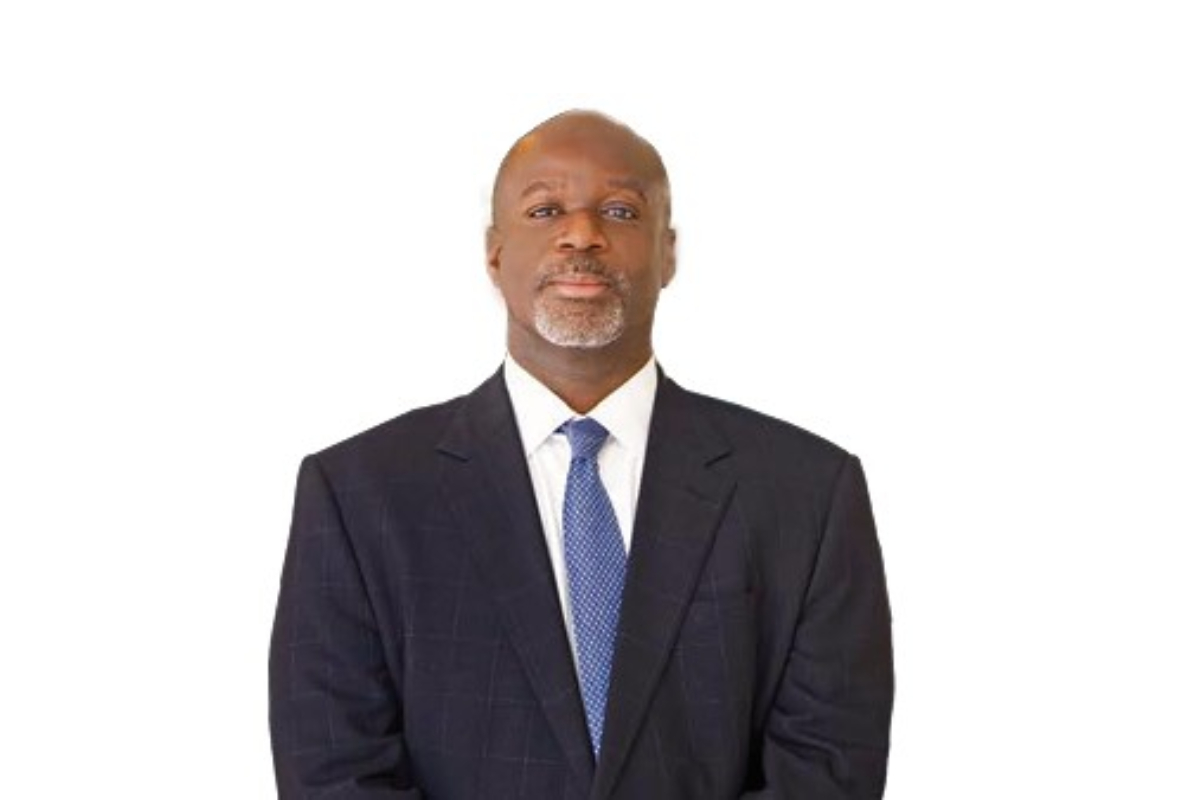When can you speak up when you notice something’s not right? What are the ramifications of doing so? These are all relatively important questions to address when it comes to whistleblowing. Have you ever wondered what the term whistleblowing actually means?
A whistleblower is someone who reveals corporate wrongdoing to law enforcement. Granted, that doesn’t come without legal repercussions. Nevertheless, without having people speaking up or whistleblowers, we risk having unethical societies with the corporate world running amok with corruption.
That’s why every society must value its whistleblowers or people who speak up when they see something wrong. After all, whistleblowers play a pivotal role in exposing corruption. Just think of a few important whistleblowers we have come to know about, like the Panama Papers, Watergate, or, most recently, Wikileaks.
Every country around the world enacts specific laws to protect its whistleblowers, and Canada, too, has a role. Have you ever wondered what legislation exists to protect whistleblowers in Canada? First, let’s see if Canada is doing enough to protect its whistleblowers.
Is Canada Protecting Its Whistleblowers?
Despite repeated calls to reform Canada’s whistleblowing strategy, change is still not pertinent. Canada’s laws protecting public sector employees are not free from criticism. Research has shown that Canada’s whistleblowing legislation is among the weakest in the world.
According to an international study of whistleblowing legislation in 50 countries, Canada’s Public Servants Disclosure Protection Act (PSDPA) legislation was last; it tied in bottom ranking with countries like Lebanon.
Although the government knows firsthand that information disclosed by anonymous truth-tellers is important to the public’s interest, it believes that it could signal foreign interference in democratic legislation politically. That’s why the Canadian government needs to enhance its whistleblowing strategy corporately and politically.
How to Create Effective Whistleblowing Policies
Many Canadian provinces have enacted whistleblowing policies. In Ontario, the Public Service of Ontario Act has a few laws to protect public sector employees. Nevertheless, private sector employees have narrower protections. Using the guide below, Canada can introduce effective policies to enhance the way whistleblowing is addressed.
Start with a Clear Policy
A clear policy entails categorizing incidents and how they will be investigated. Moreover, the policy should clearly outline how they will be reported, i.e., online, via telephone, or through a dedicated email.
Prioritize Confidentiality
The government needs to ensure that a whistleblower’s identity is kept anonymous. When both the government and companies uphold their privacy obligations when collecting information, reporting, or investigating, this prevents unauthorized leaks, which could be detrimental to all those involved.
Facilitate Effective and Transparent Investigations
Transparency and accountability are the cornerstone of an effective whistleblowing strategy. The process of investigating and reporting such cases must be transparent. That means the way the case is reported must be independent and neutral, free from bias or taking sides. Doing so leads to productive investigations and holds the wrongdoers accountable.
Protect Whistleblowers from Reprisals
It is imperative for the Canadian government to protect whistleblowers from retaliation. Corporate HR policies must outline clear and succinct procedures for employees to understand the difference between agitation, grievance, and whistleblowing. This includes statutory obligations against retaliating. Priority should be given to reporting the case internally. Employees should not be discouraged from reporting it to the regulatory bodies or the government.
Demonstrate Commitment from Leadership
Those in a position of authority must be role models. They should possess sufficient knowledge and familiarity with the whistleblowing process for impartial investigations to occur. Additionally, all whistleblowing policies must be communicated to the company internally to ensure that everyone knows what’s going on and to remedy issues of concern head-on.
What Does the Future Hold?
Despite repeated calls for change, the Canadian government hopes to expand its whistleblowing policies and reporting methods to make them more inclusive. In some provinces, the government is expanding its Public Interest Disclosure Act to cover more tribunals and agencies, including other sectors like health authorities, educators, and Crown corporations. In doing so, more Canadians will be encouraged to speak up and voice their concerns against corruption to create ethical and inclusive workplaces!
David Messiha | Staff Writer



















